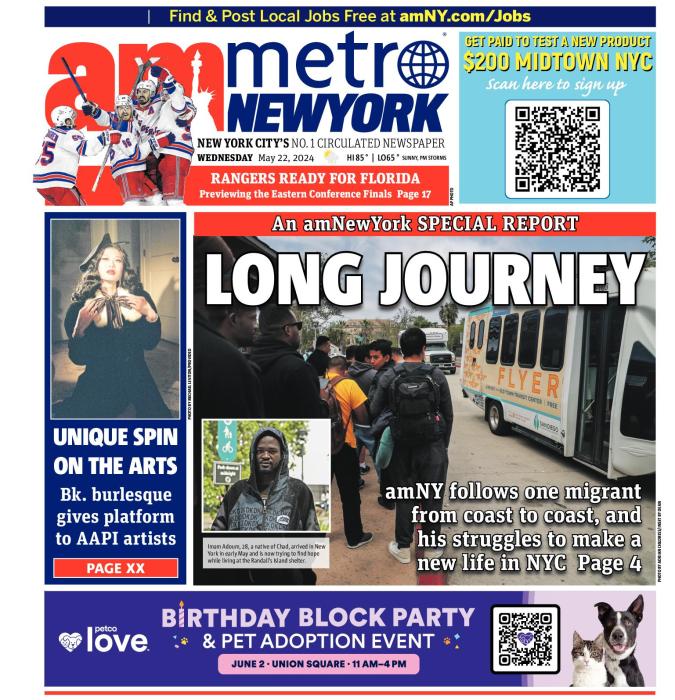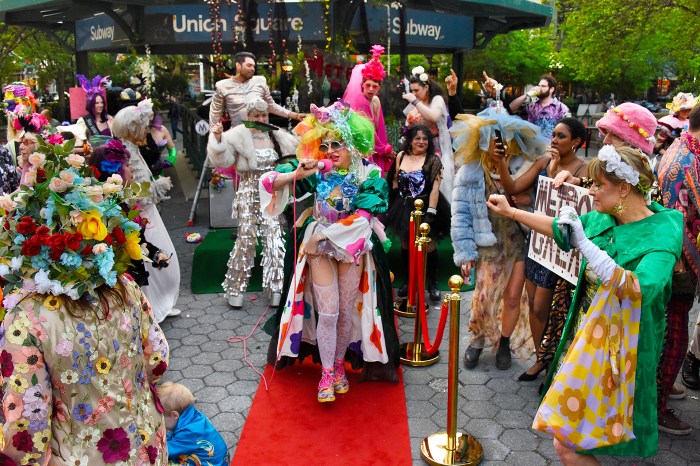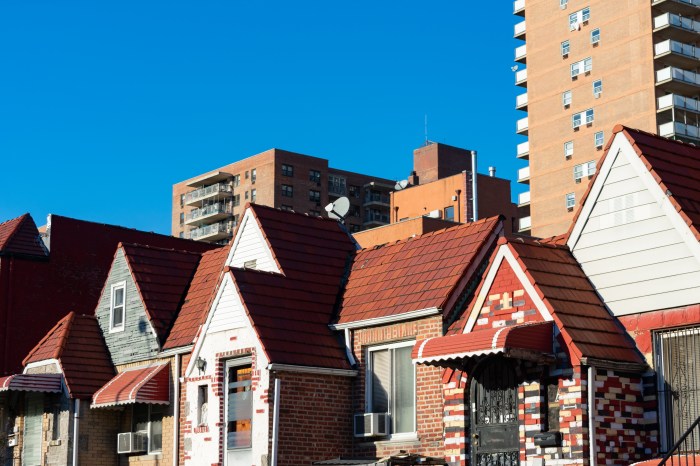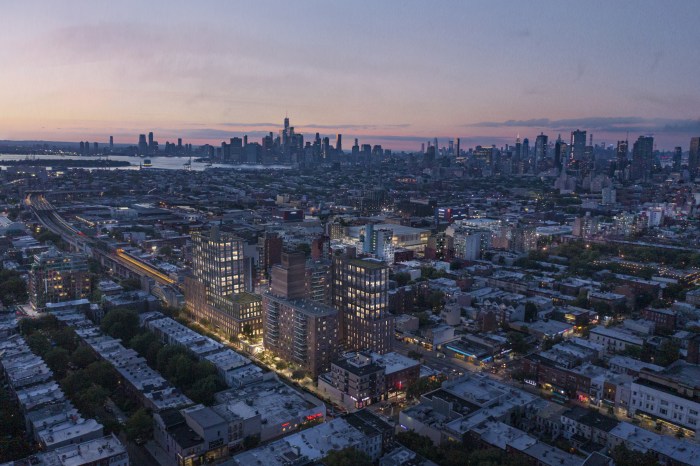By Audrey Tempelsman
When Tonic, the seminal Lower East Side experimental music club, closed in April, there were cries — once again — that the cultural apocalypse had come.
The now-extinct club joins the ranks of CBGB, The Bottom Line, Sin-e, Fez and other veteran Downtown venues in being squeezed out of their neighborhoods by skyrocketing rents.
“I’ve seen New York change so much over the years in a way that is deeply sad to me,” said Melissa Caruso Scott, who founded Tonic in 1998 with her husband, John. “If something new is going into a space it tends to be either a condominium or a bank or one of the big commercial chains. And that’s not what New York is supposed to be about.”
The location of the defunct Tonic, at 107 Norfolk St., is now flanked by luxury condominiums. When the Scotts first moved into the space, however, their neighbors were two empty parking lots and, as Scott put it, “more rats than residents.”
“We didn’t want to be a rock club or a jazz club. We wanted to be a venue that offered creative music, that was across the board genre-wise,” said Scott. “There was no other club that had bookings similar to ours.”
But as Tonic’s following grew, so did its financial troubles.
“Our rent doubled in the time we were there, but business did not,” she said.
The club’s closure was prevented two years ago by a group of musicians who raised $93,000 through a series of benefit concerts. But when costs rose this year, the Scotts decided the end had come.
On April 13, Tonic’s last night, musicians gathered to celebrate the legacy of the space. Scott recalled the pleasure of seeing old friends return.
“I think that’s what made Tonic such a special place: It had a great sense of community,” she said.
Since then, musicians throughout New York have banded together to demand that city government protect the dwindling experimental scene.
So far, City Councilmember Alan Gerson is the only official to rise to the challenge. He presented his plans for a tax-abatement solution at a press conference held on City Hall’s steps four days after Tonic closed its doors.
His bill would grant tax benefits to music venues, allowing such spaces to withstand the real estate boom and also give back to featured artists.
“I’m here to say enough is enough,” Gerson said at the April 17 press conference. “It’s time to take action to preserve important cultural incubators.”
But months later, this call to action has yet to yield results.
Some musicians now suspect that Gerson was merely sounding off on the issue. In the words of Rebecca Moore, an experimental violinist and organizer of the Ludlow Orchard Community Organization, or LOCO, progress on Gerson’s bill is “way overdue.”
“The ball is in Gerson’s court and I am as anxious as anyone to see him follow through and work with the City Council to put a measure forward,” Moore said. “I have been asking, but no one has given me any information” about the bill’s status, she said.
However, in a telephone interview, Paul Nagle, Gerson’s director of communications and cultural policy, said the councilmember had not abandoned the project. Nagle and a team of law interns aim to present a tighter, stronger piece of legislation by the end of this month.
Though Nagle declined to provide more specifics, he insisted that the legislation was “very much akin” to Gerson’s original tax-abatement proposal. The challenge, he said, is figuring out a way for the tax break to pass through to, and benefit, the musicians, as well as the venues.
According to Nagle, the sense of urgency Gerson expressed in April remains.
“We recognize that without some sort of buffer to the real estate market there’s no way that the arts are going to be able to survive,” he said. “If the barriers are too high, then the fearless talent won’t come here.”
At the April 17 press conference announcing Gerson’s bill, several musicians who spoke said what’s needed is a virtual dam against the increasing rents.
Marc Ribot referred to how, two years ago, Hurricane Katrina had permanently damaged New Orleans’s music scene. Manmade forces, he said, are causing a disaster for New York’s experimental music scene.
“We’re asking the City Council to build a dike by capping rents or subsidies,” he said. “A rising tide of real estate is drowning the New York City music scene.”
Along with Moore, Ribot was arrested at Tonic when they refused to vacate the premises on April 14, the day after the club had closed, when they staged a last-ditch protest performance.
Ned Rothenberg, another experimental musician speaking at the April press conference, said Tonic was well located for the music scene. Over the years, he said, Manhattan has seen other music scenes displaced, from the legendary jazz clubs of W. 52nd St. — where only a street sign today remains to commemorate Charlie Parker — to the music clubs of the West Village. For musicians, it’s vital to be in an accessible, central location — and that’s not the outer boroughs, he said.
“I live in Brooklyn — I love Brooklyn,” he said, “but Manhattan is the internationally recognized place to be.”
At the press conference more than two months ago, Gerson urged the musicians, “Don’t give up the fight. Don’t give up the music. We need you.”
The musicians aren’t giving up — but they’re eager to see what kind of bill Gerson produces.
With reporting by Lincoln Anderson
















